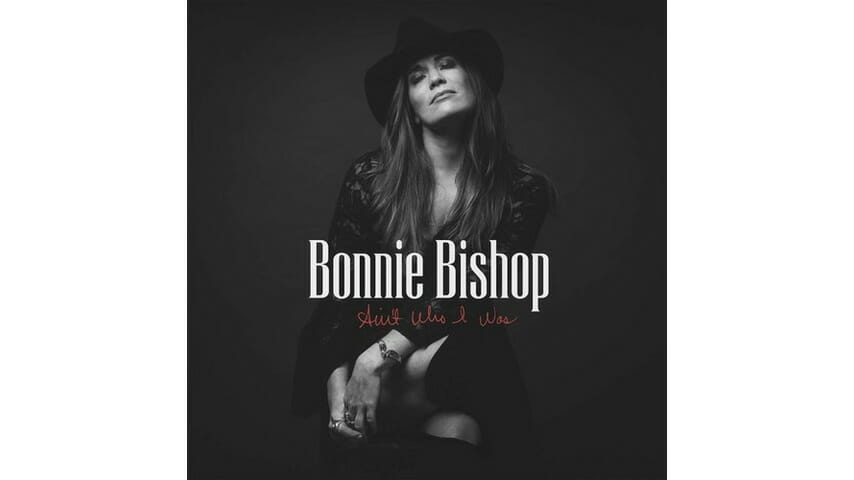Bonnie Bishop: Ain’t Who I Was

Hollow bass cascading over a sunken groove, slinky guitar etching the melody and a palpable humidity establish “Show A Little Mercy,” as a satiny ribbon wisp of alto turns to a slightly raw guttural moan from Bonnie Bishop, the once country roots singer turned retro-soul chanteuse. The canvas—somewhere between Motown’s earthiest, Muscle Shoals’ tempered funk and blaxploitation’s lean arrangements—suits the woman who provided Bonnie Raitt’s recent high watermark “Not Cause I Wanted To.”
But where Raitt’s fire, razors and blood, Bishop walks a softer line—more feathery and molten caramel—in her witness to life’s struggles, victories and reinventions. Indeed, Ain’t Who I Was suggests that like a phoenix, one can transcend prior reality and find what one was meant to be.
Columns of B3 organ spiral on the churning “Done Died,” as the late 30-something seeks Mavis Staples’ sanctity. Throaty, wide-open, the phoenix-rising fervor is equal parts gospel and Saturday night churn.
“Poor Man’s Melody” finds a velvety Janis Joplin approach, all waves of grace and surrender, while the title track has a confessional restlessness that expands Joplin’s recklessness with sweetness as Bishop emerges stronger, dignified and beyond whatever shackles held her.
-

-

-

-

-

-

-

-

-

-

-

-

-

-

-

-

-

-

-

-

-

-

-

-

-

-

-

-

-

-

-

-

-

-

-

-

-

-

-

-








































